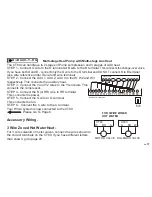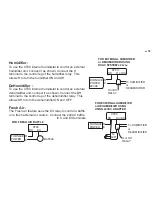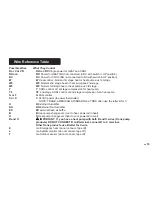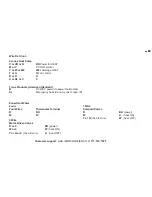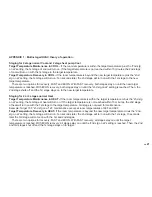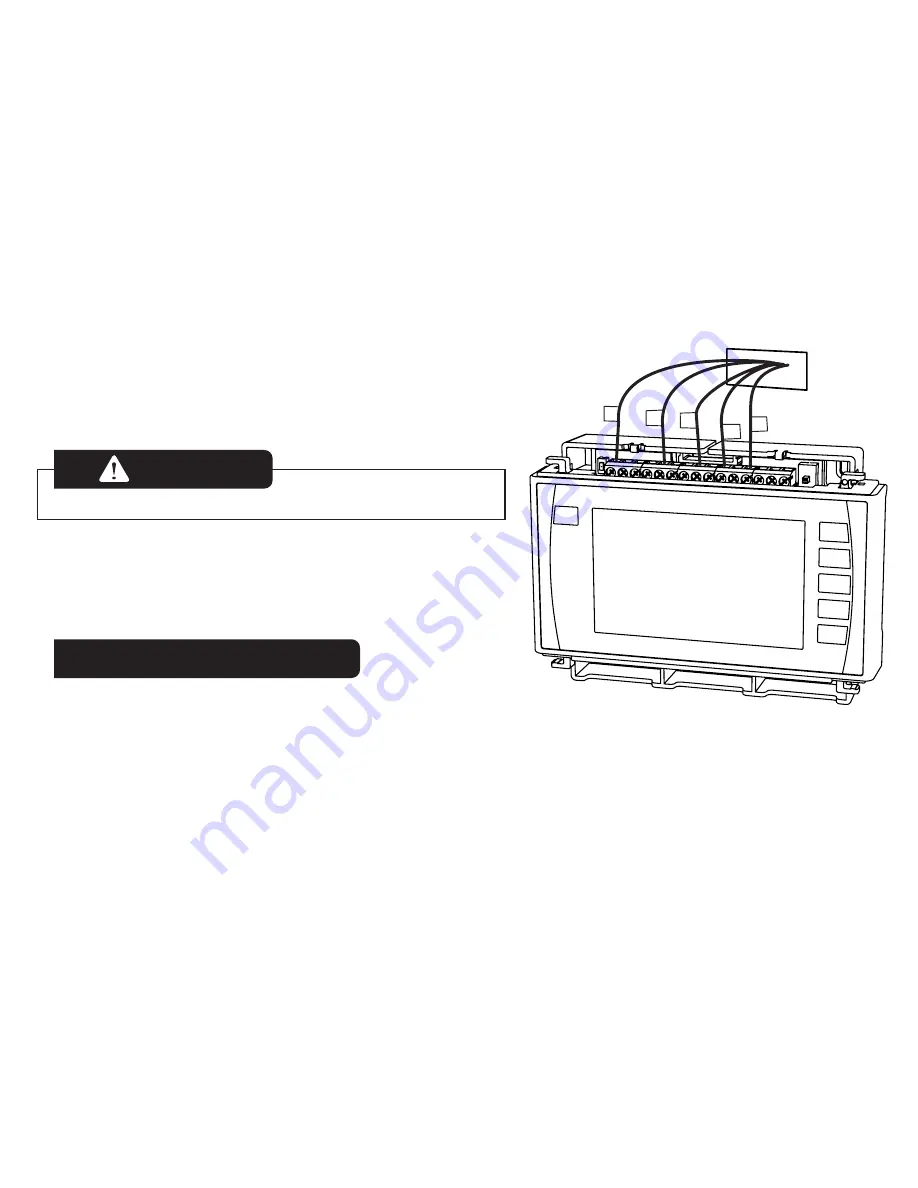
PG
6
PG
6
• “Fan out” wires as illustrated with CT80 below the wall
opening. As in the example: fan out the wires so that the
C wire is above the C terminal, the W above the W. This
allows the CT80 to fit snug to the wall.
Caution
Do not allow wires to touch each other or parts on thermostat.
• Wires will position behind the CT80 and up over the
terminal area.
• Do not bunch wires behind the CT80. Feed any slack
back into the wall opening.
Connect Your Wires
• C
onnect labeled wires only to a terminal with the same
letter label.
• Insert the wire in the terminal well and tighten the screw securely.
NOTE: If you wish you can mount the CT80 to the wall first, and then connect the wires.
• The CT80 can be externally powered with a power source rated for 24V, AC or DC, at 300ma or
greater. If used, connect to the C and RH terminals (no polarity).
C
G
Y
RH
W
C
G
Y
RH
W
C
G
Y
RH
W
C
G
Y
RH
W
C
G
Y
RH
W
C
G
Y
RH
W
Y
G
C
W
from HEAT/COOL system
R

















